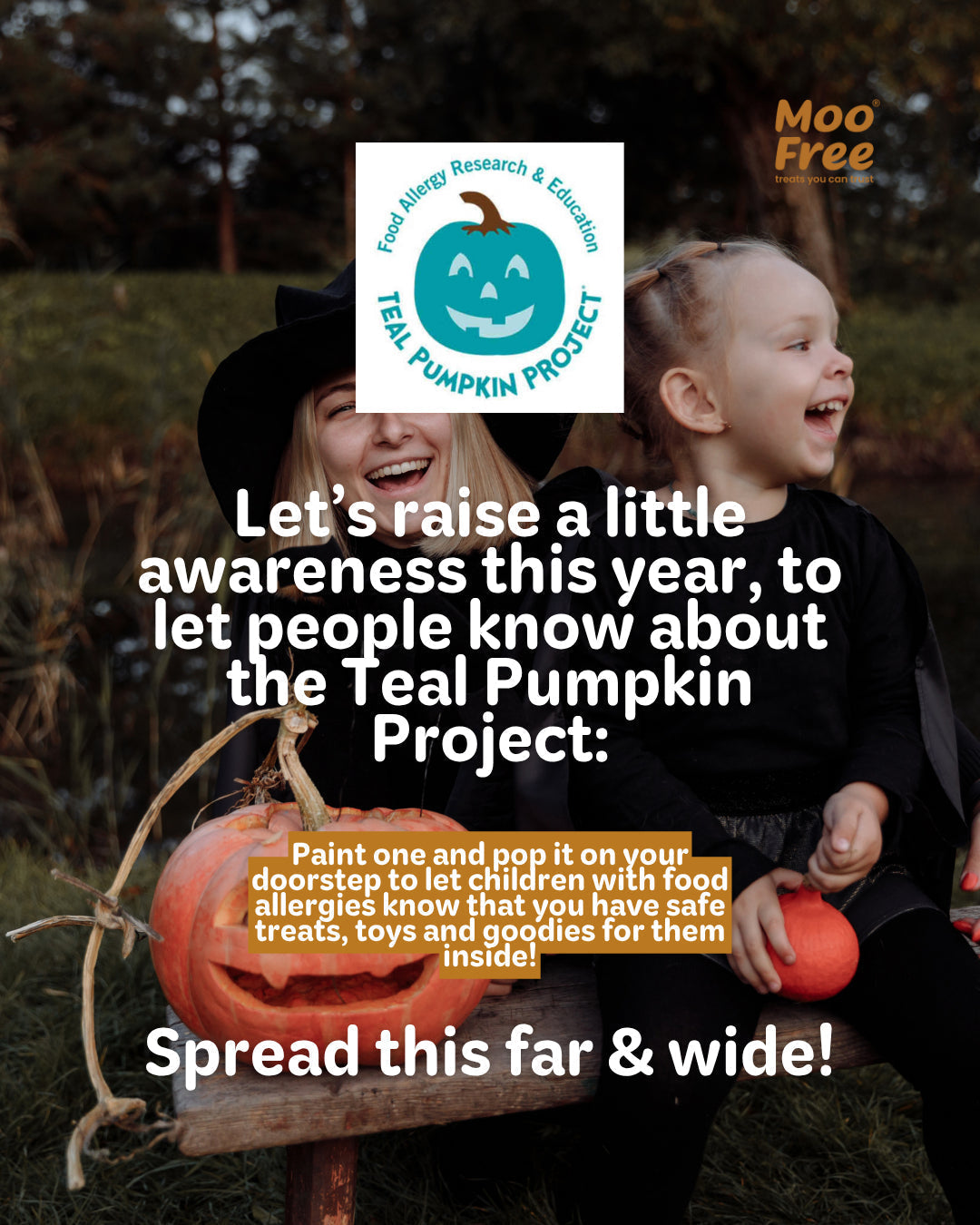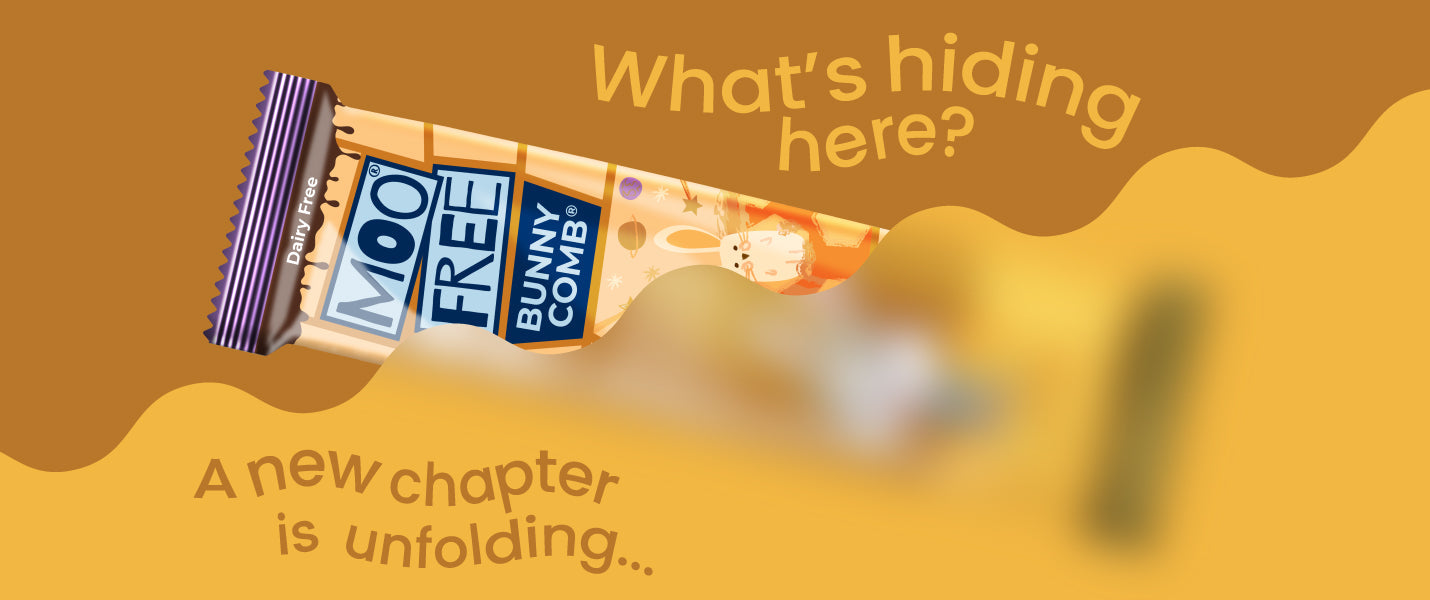You probably know that ethics are right at the core of everything we do at Moo Free. We always try to make the most ethical choices everywhere we can, right from how we source our ingredients to how we look after our staff. It isn’t always easy; however, we love to show other businesses that it’s possible and it can show really positive results for a business.

However, it’s not just other businesses we like to help out. We know that a lot of our customers and supporters want to be more ethical in their purchases.
Buying ethically can mean a lot of different things. It can mean reducing our impact on the planet by buying less and creating less waste. It can mean using less energy or reducing the quantity of food or clothes we buy from far-off places. Being an ethical consumer can also mean supporting our fellow human beings by choosing to buy from companies that we know treat their employees fairly.
When buying ethically can mean so many things and cover so many issues, trying to be ethical can be overwhelming and confusing. Most of us are aware that we should make some changes but not everyone has the time to read every label or research every company before we buy from them. Also, choosing ethical alternatives can often be more expensive.
The good news is that it’s possible to make simple changes that make a big difference. They don’t have to impact your wallet and you don’t have to spend hours reading, researching or meal prepping. As we said, we like to help out - so we’ve made a list of 6 simple changes you can make that will have a positive impact on the world we live in.

Buy plants, not flowers
Reduce your carbon footprint by swapping cut flowers for plants. In the UK alone, the market for cut flowers and ornamental plants was worth £1.3 billion in 20181. 80% of cut flowers come from the Netherlands with the remainder largely being transported from South America or Africa. Cut flowers have to be transported quickly using a “cold-chain” – a series of refrigerated facilities on farms, lorries, planes, and boats – so the flowers stay fresh.
We think there are many situations in which plants are a great alternative. You can buy them for yourself to brighten up your house or give them as a gift. They will bloom again and again and if you give a plant as a gift, the recipient will always be reminded of you. For example, check out this beautiful pink Azalea from Bunches. Houseplants also filter the air in your house so they can help create a healthy environment.
Leave reusable bags everywhere
Be honest. How many bags for life do you have? Get into the habit of leaving a few bags by your front door. Then you get in your car, leave some bags there. If you work in an office, keep a bag or two in your desk. Stuff one in your handbag if you carry one. The idea is to make sure you are never without a bag when you do an impromptu shop.
Buy from small businesses
Remember that small businesses are people like me and you - and buying from them is not only good for individuals but also helps the economy recover. We at Moo Free will always be indebted to our loyal customers that helped us through 2020 by continuing to buy from us.

Toilet Hippo
The Toilet Hippo works on older toilets without a dual flush. It’s a handy little device that sits in your toilet cistern and reduces the amount of water used for a flush. Therefore, it actually saves you money as well as being good for the planet.
The average water used in the UK is approx. 150L per person per day. That is equivalent to 317 pints! So the toilet hippo is a great way to cut down on wasted water. You can buy them from lots of independent stores.
Use biodegradable tea bags
For a long time, many of us were naively throwing our used tea bags into the food waste or on the compost heap, not realising they weren’t biodegradable. To address the problem, a few tea companies switched to compostable plant-based tea bags. However, like with so many environmentally friendly products, these alternatives were vastly more expensive.
Enter PG Tips and Sainsbury’s Red Label. That’s right – some of the UK’s best-loved tea bags are now made from biodegradable plant-based material and are biodegradable so you can dispose of them in your food waste bin. Without a doubt, more tea companies will follow suit and more of your favourite tea bags will be biodegradable.

Small changes make a big difference
A lot of us want to be more conscientious about what we buy but it’s easy to feel overwhelmed. It’s hard when ethical alternatives can be expensive and less convenient when we all have busy lives. But hopefully, you’ve found a few easy alternatives in this list -and every change you make will make a difference. You can make small and gradual adjustments to your shopping habits and you will have every reason to feel good about yourself.






